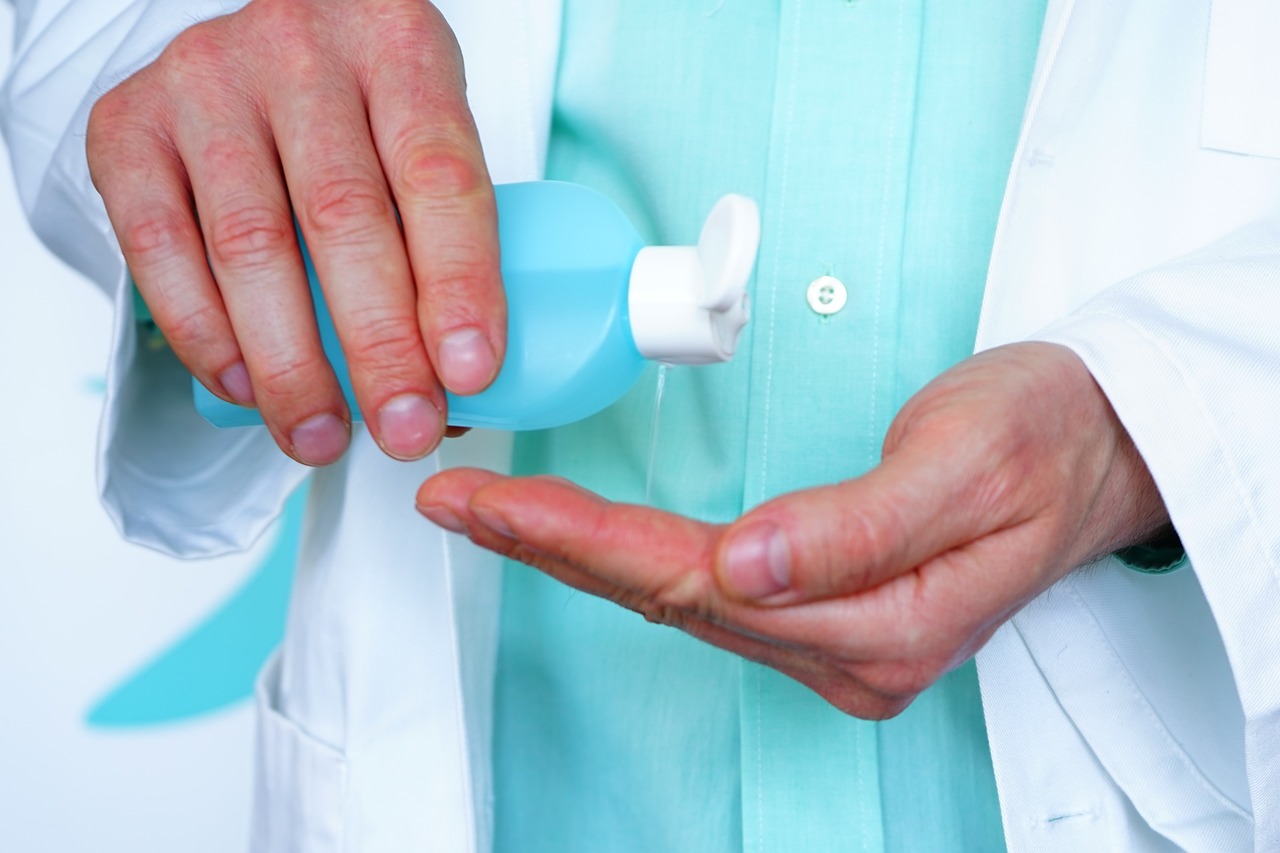Make the most of your healthcare visits with proper preparation and effective communication strategies.
Before Your Appointment
1. Gather Your Medical Information
- List of current medications and dosages
- Previous test results and imaging
- Medical history and family history
- Insurance information and ID
- List of allergies and reactions
2. Prepare Your Questions
- Write down your main concerns
- List symptoms with details (when, how often, severity)
- Prepare questions about treatment options
- Ask about side effects and alternatives
- Inquire about follow-up care
3. Organize Your Symptoms
- When did symptoms start?
- What makes them better or worse?
- How severe are they on a scale of 1-10?
- Have you tried any treatments?
- Are symptoms getting better, worse, or staying the same?
What to Bring
Essential Documents
- Photo ID and insurance card
- List of current medications
- Previous medical records (if new doctor)
- Referral forms (if required)
- Payment method for copays
Helpful Items
- Notebook and pen for notes
- List of questions and concerns
- Calendar for scheduling follow-ups
- Comfortable clothing for physical exams
- Reading material for waiting time
During Your Appointment
Effective Communication
- Be honest and specific about symptoms
- Ask for clarification if you don't understand
- Take notes during the conversation
- Repeat back what you heard to confirm
- Don't be afraid to ask questions
Key Questions to Ask
- What is my diagnosis?
- What are my treatment options?
- What are the risks and benefits?
- What should I expect during treatment?
- When should I follow up?
- What symptoms should I watch for?
Types of Appointments
Annual Physical/Check-up
- Review your health goals
- Discuss preventive screenings
- Update vaccinations
- Review medications and supplements
- Discuss lifestyle factors
Follow-up Visit
- Report on treatment progress
- Discuss any side effects
- Ask about medication adjustments
- Review test results
- Plan next steps
Problem-Focused Visit
- Describe symptoms in detail
- Provide timeline of when symptoms started
- Mention any triggers or patterns
- Discuss impact on daily life
- Ask about diagnostic tests
Special Considerations
First Visit to a New Doctor
- Arrive early to complete paperwork
- Bring complete medical history
- List all current medications
- Prepare to discuss your health goals
- Ask about the doctor's approach to care
Telemedicine Appointments
- Test your technology beforehand
- Find a quiet, well-lit space
- Have your medications nearby
- Prepare to describe symptoms clearly
- Have a backup plan if technology fails
Making the Most of Limited Time
Prioritize Your Concerns
- Start with your most important issue
- Be concise but thorough
- Don't save important questions for the end
- Ask if you need a follow-up appointment
Be Respectful of Time
- Arrive on time or slightly early
- Stay focused on medical issues
- Be prepared with your information
- Understand that doctors have time constraints
Red Flags to Watch For
Consider finding a new doctor if they:
- Don't listen to your concerns
- Rush through appointments
- Don't explain things clearly
- Dismiss your symptoms
- Don't involve you in treatment decisions
After Your Appointment
Follow Through
- Schedule any recommended tests or follow-ups
- Fill prescriptions promptly
- Follow treatment instructions carefully
- Keep track of symptoms and side effects
- Call if you have questions or concerns
Organize Your Information
- File test results and reports
- Update your medication list
- Note any new diagnoses or changes
- Schedule follow-up appointments
- Share information with other healthcare providers
Building a Good Relationship
Communication Tips
- Be honest about your lifestyle and habits
- Ask questions when you don't understand
- Express your preferences and concerns
- Provide feedback about treatments
- Show appreciation for good care
Partnership Approach
- View your doctor as a partner in your health
- Take responsibility for your part in treatment
- Be proactive about preventive care
- Communicate openly about challenges
- Work together to achieve health goals
Conclusion
Proper preparation for doctor's appointments can significantly improve the quality of your healthcare. By organizing your information, preparing your questions, and communicating effectively, you can make the most of your limited time with healthcare providers.
Remember that you are an important part of your healthcare team. Your input, questions, and concerns are valuable and should be taken seriously. A good doctor-patient relationship is built on mutual respect, clear communication, and shared decision-making.
